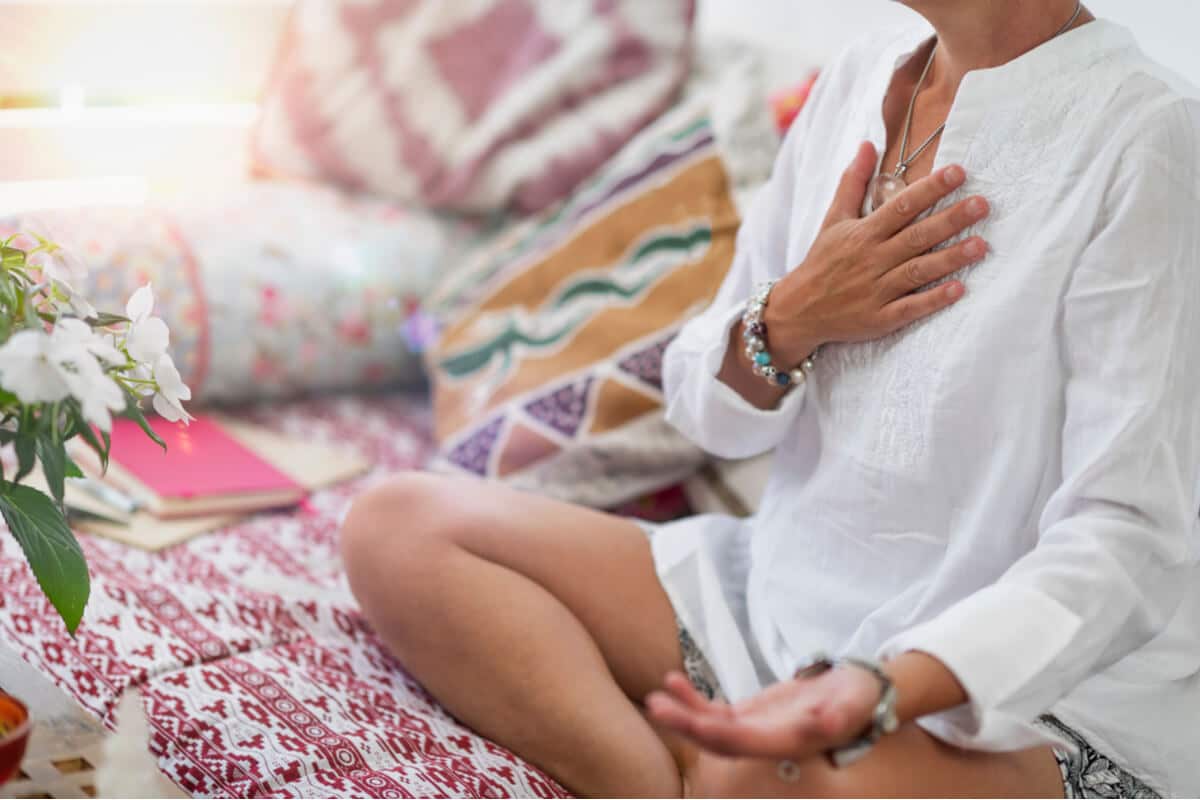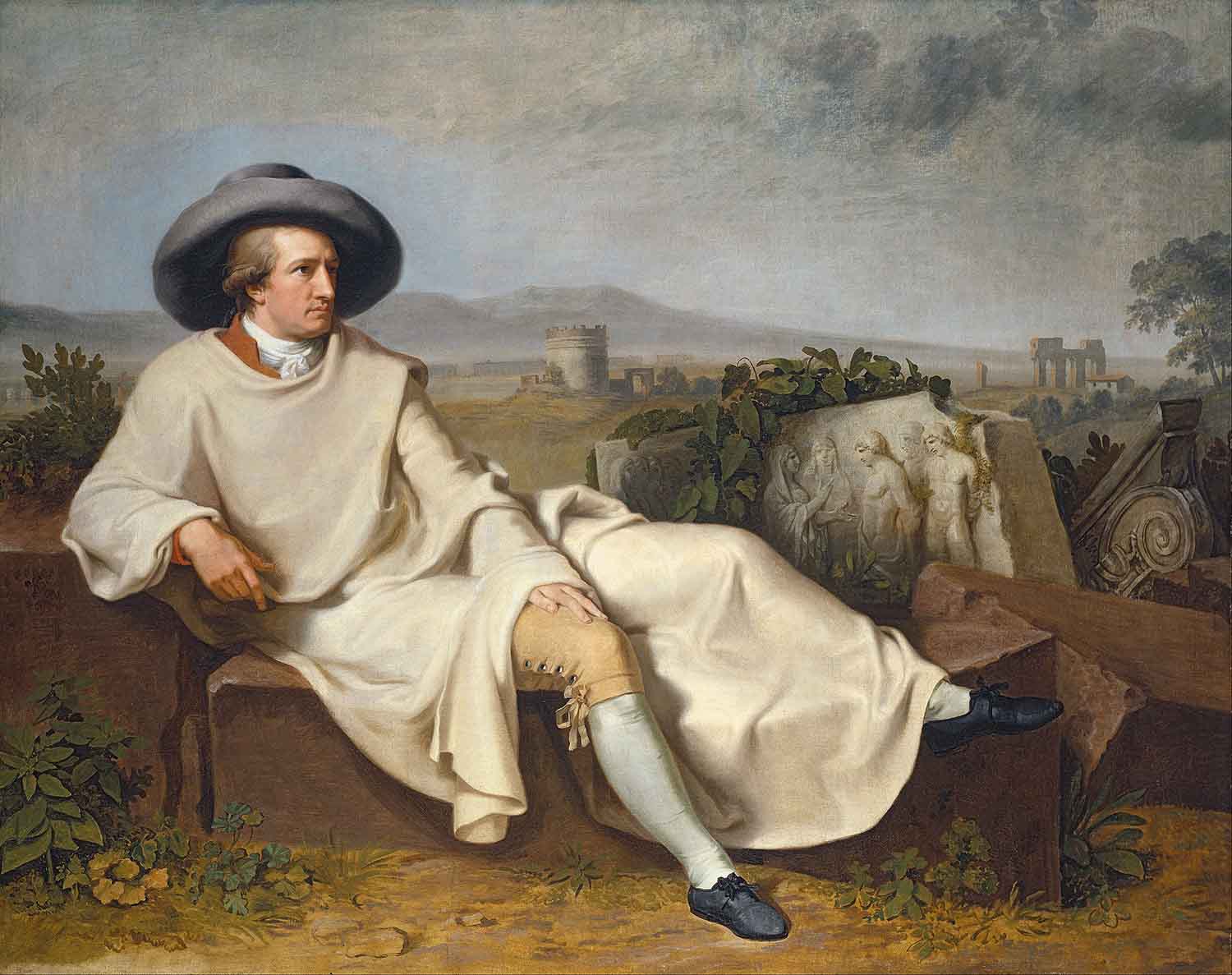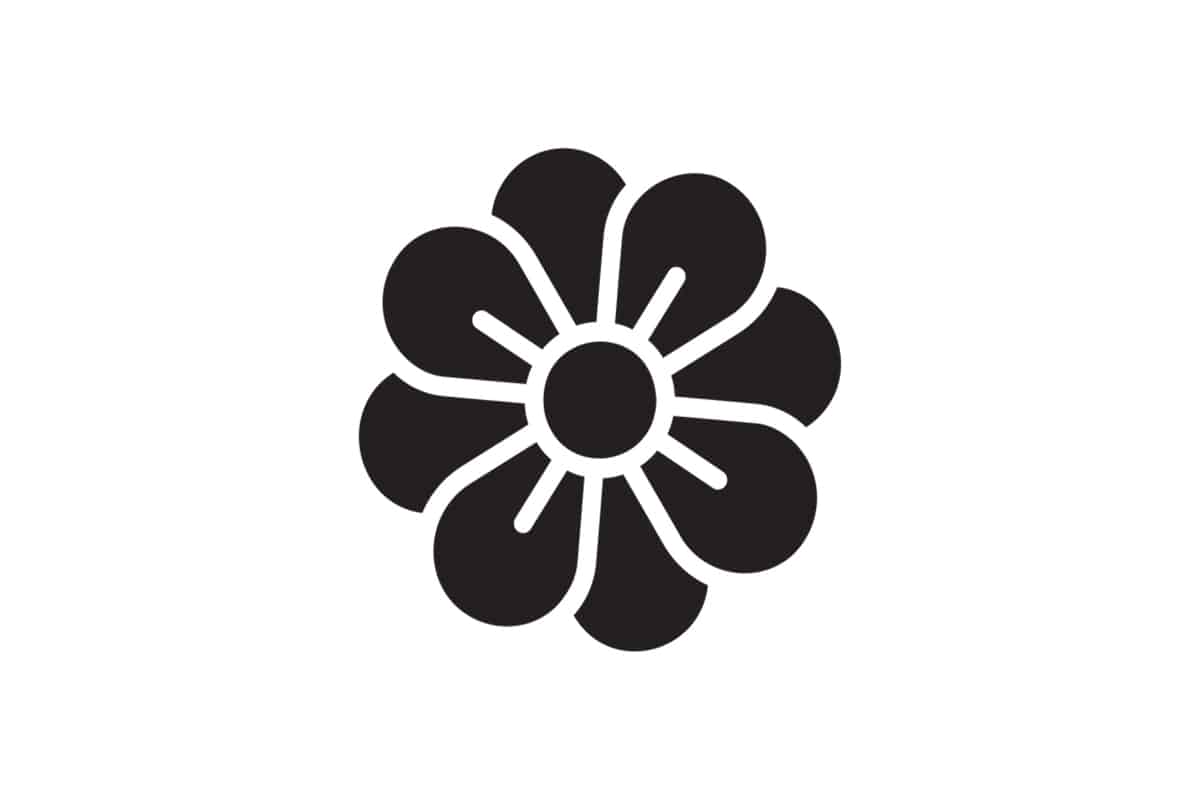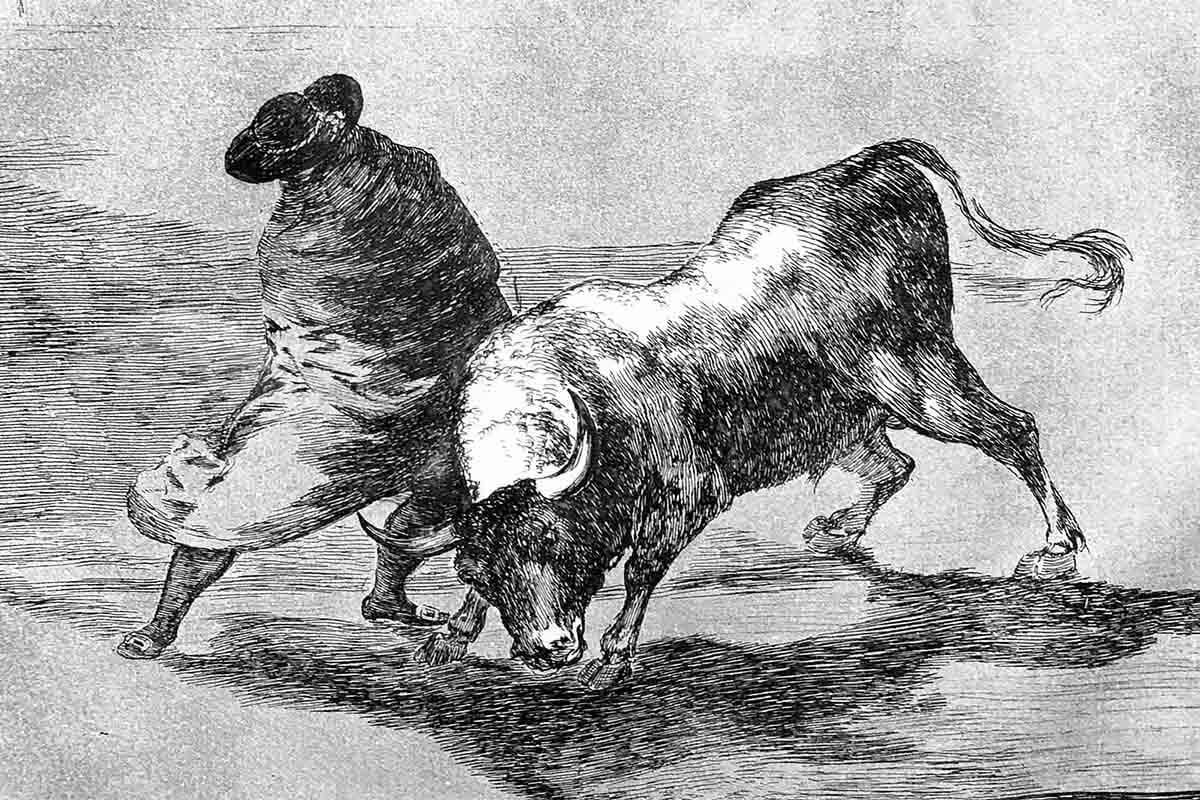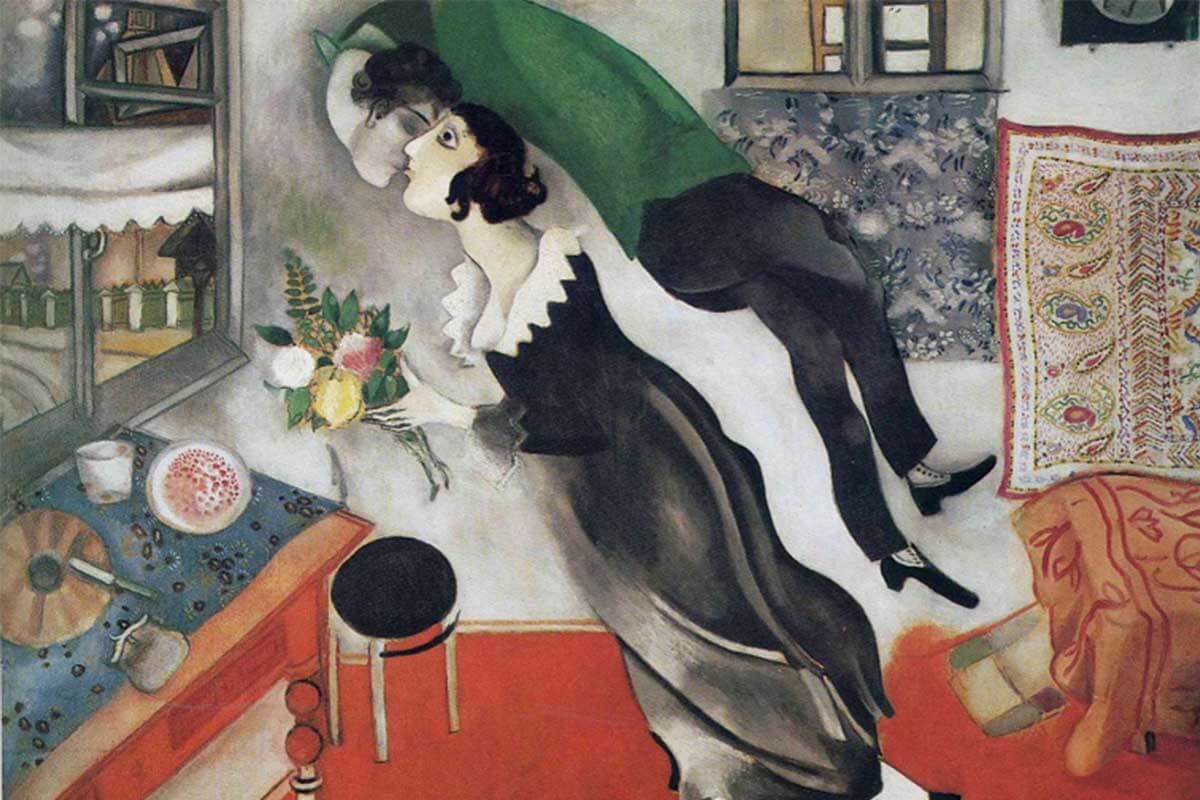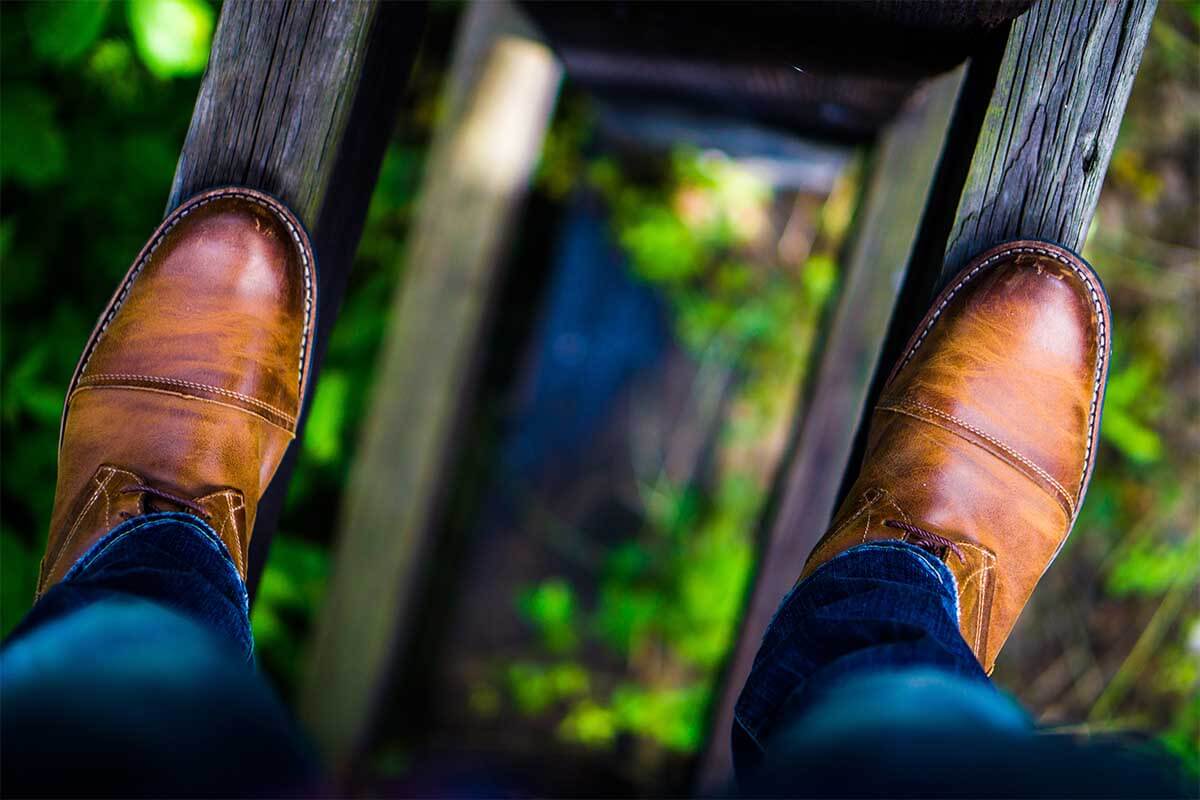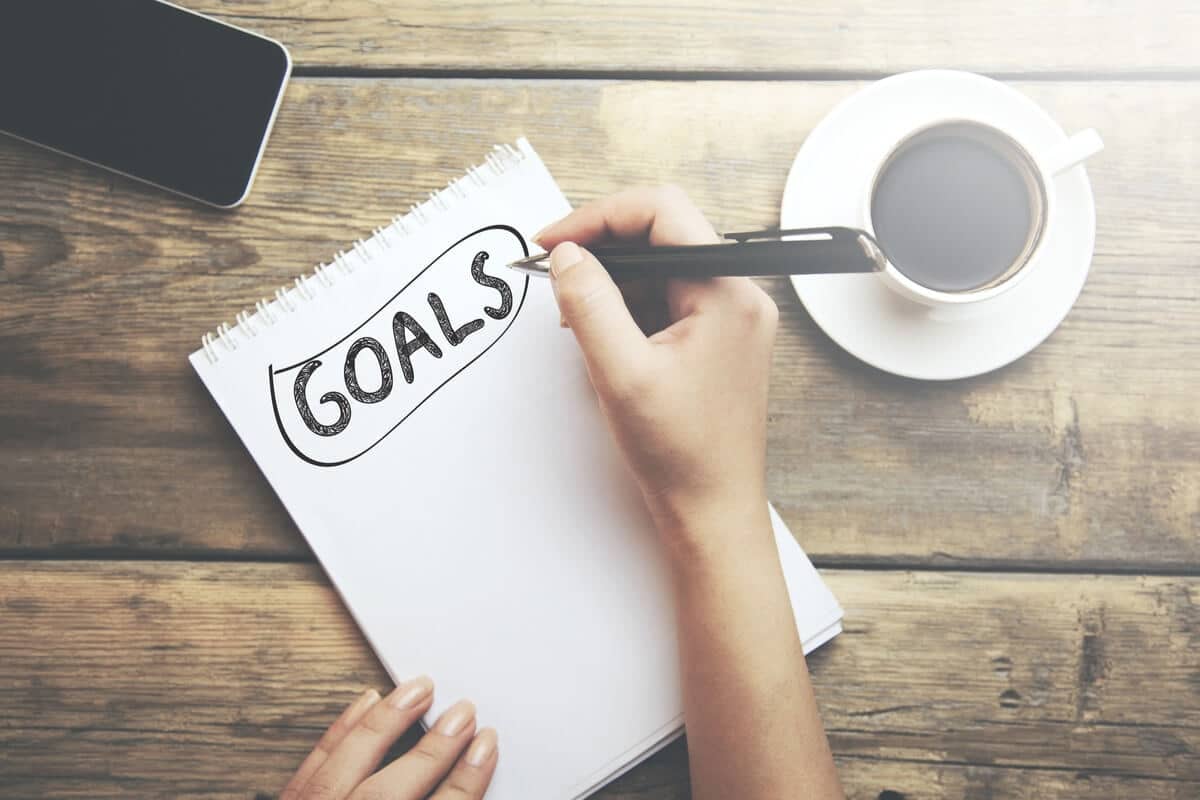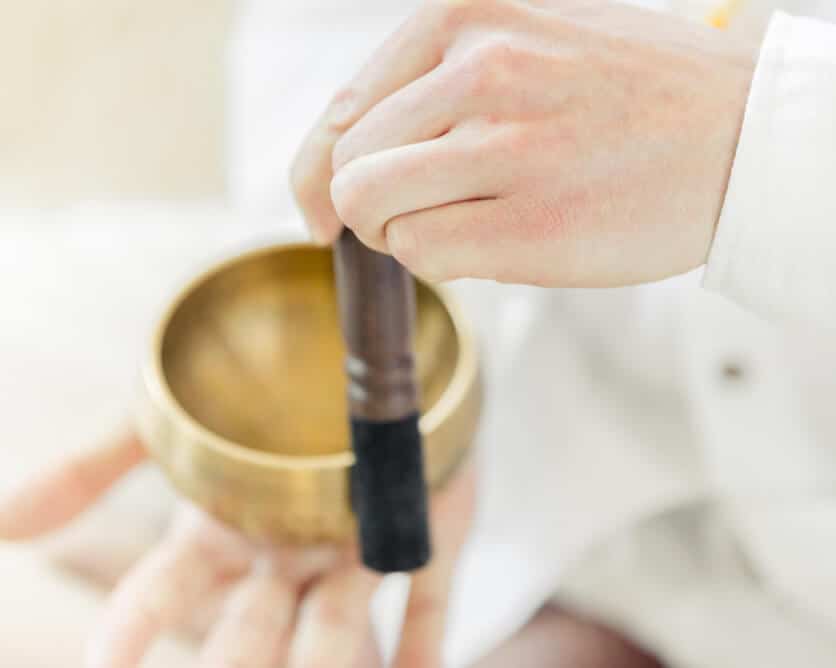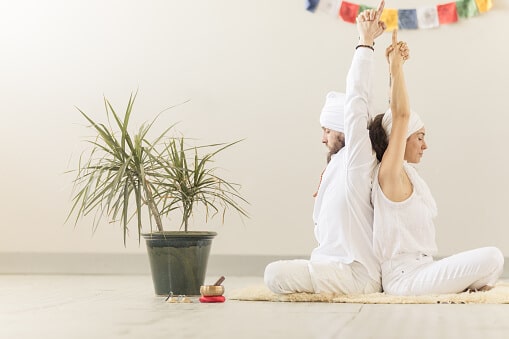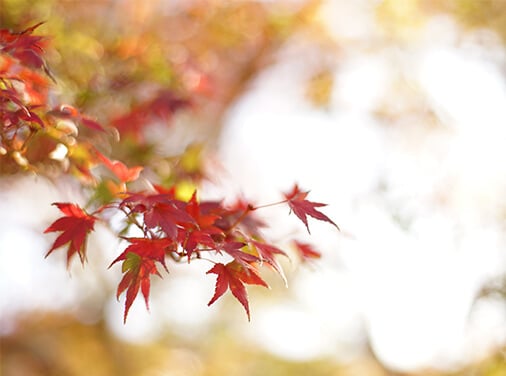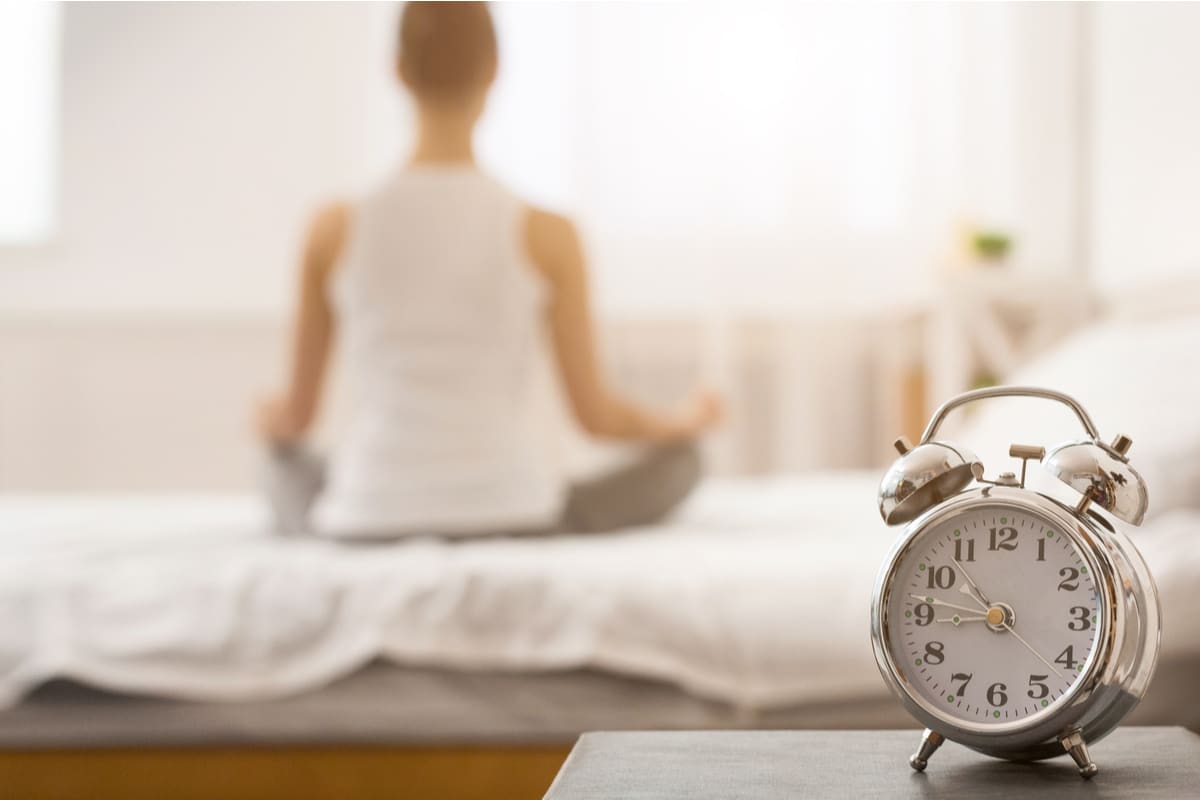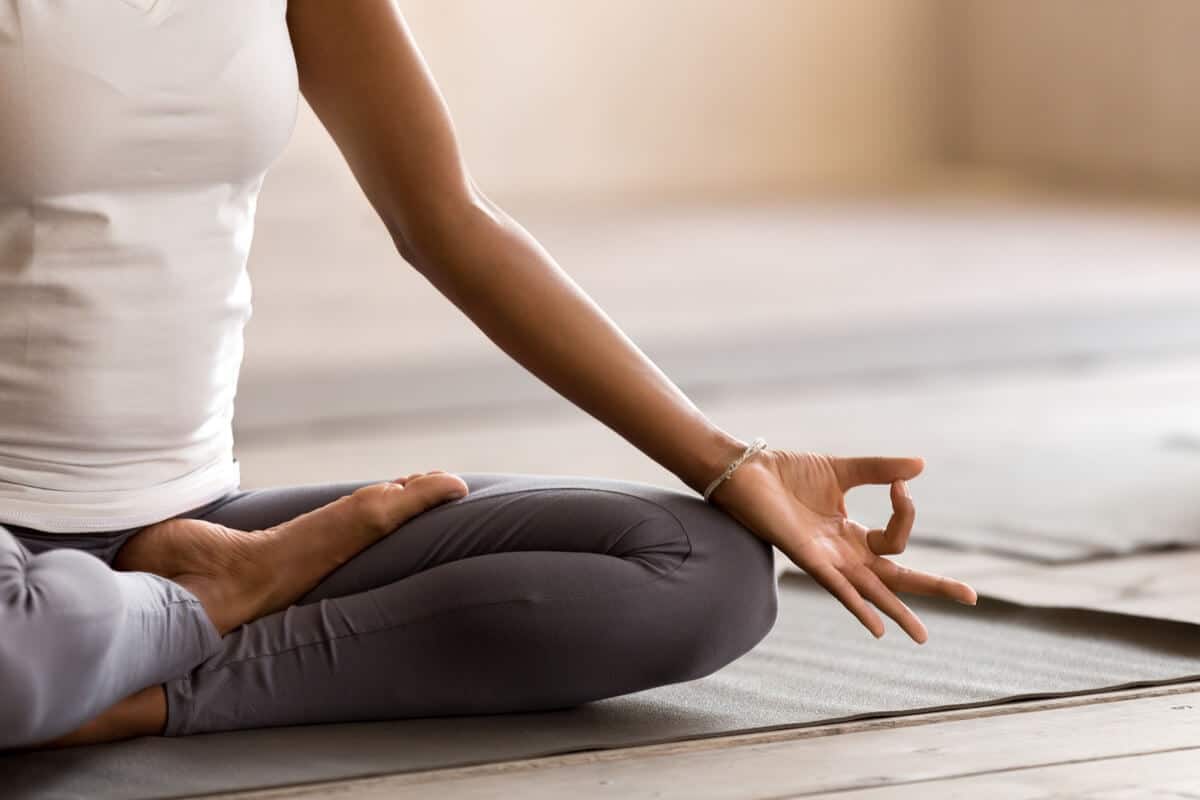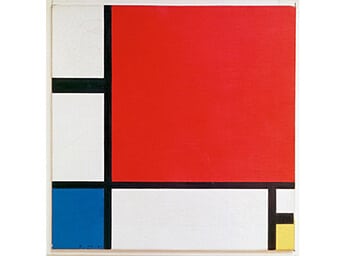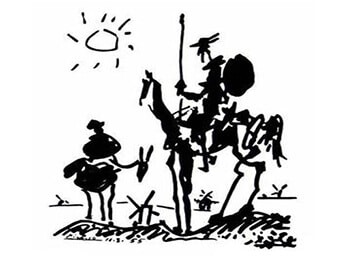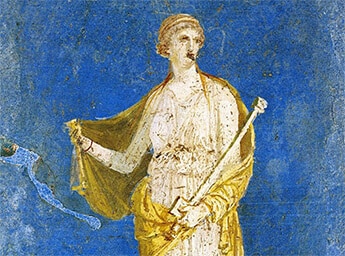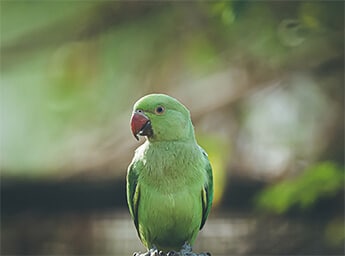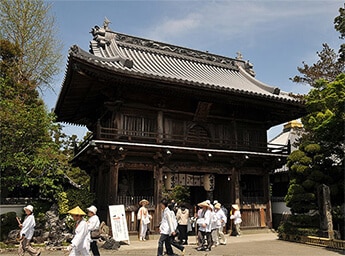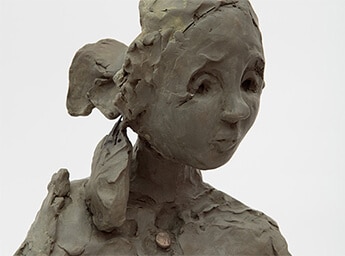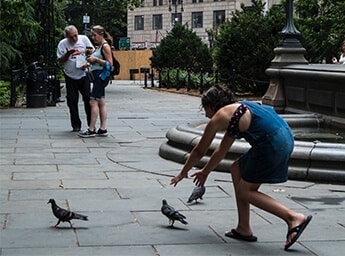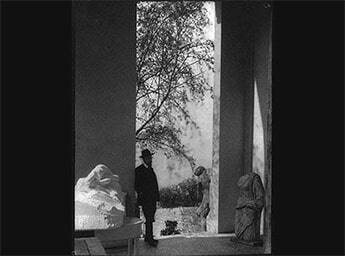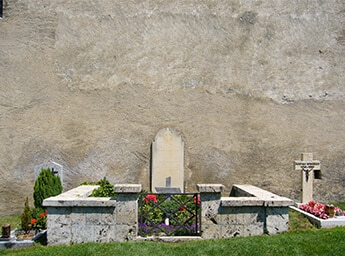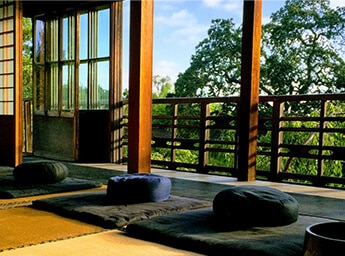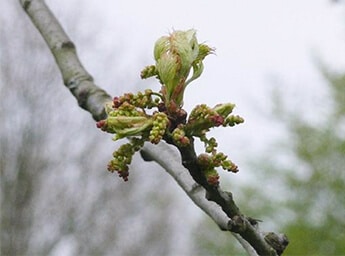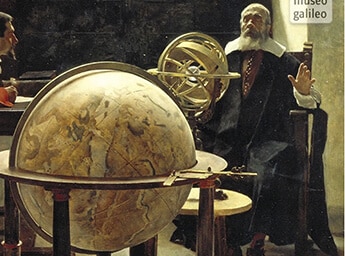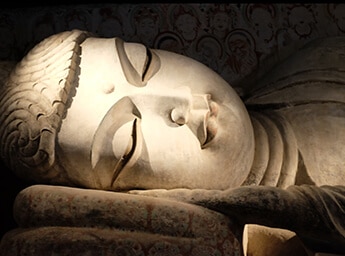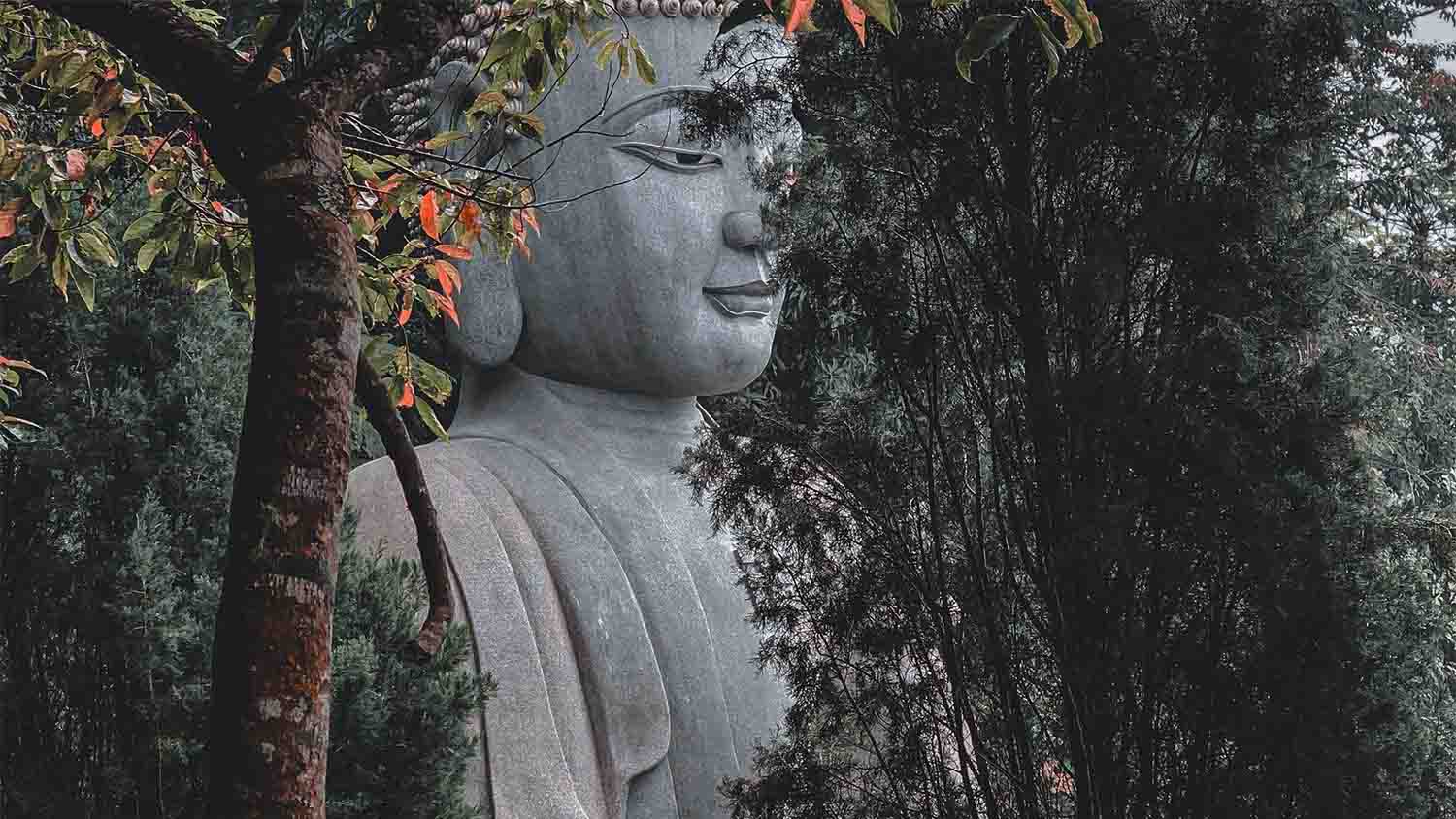zen reflections: letters on contemplative life
archive
- All
- Being Human
- Meditation
- Poetry
- Reflections
- WellBeing
- Zen
7 Tips to Help You Embark on a Journey of Self Discovery
March 30, 2024
Rolfing Structural Integration: The Ultimate Guide
March 30, 2024
What is a Spiritual Life Coach?
March 30, 2024
How to Realize Calm
January 18, 2023
How to Attend to the Present Each Day
November 15, 2022
How to Rewrite Your Destiny with Meditation
October 30, 2022
Audio
How to flourish through transitions
September 6, 2021
A Monk’s Life
July 5, 2021
What Makes Life Good
May 31, 2021
Zen and Goya’s Graphic Imagination
May 3, 2021
Renew Your Wind-Swept Spirit With Basho’s Poetry
April 5, 2021
How to Find Your Purpose in Life
February 18, 2021
How To Be Zen About Life
February 1, 2021
How To Find Yourself Again If You’re Feeling Lost
January 19, 2021
Finding Balance with Frantz Fanon
January 11, 2021
Setting Goals for the New Year: Make 2021 Your Best Yet
January 4, 2021
Is It Normal to Cry During Meditation?
December 15, 2020
Do I Need a Life Coach?
December 14, 2020
Disponibilité — Every Ideal Must Be Transcended
November 30, 2020
How To Clear Your Mind For Meditation: 6 Actionable Steps
November 17, 2020
Does Meditation Work for Everyone?
November 4, 2020
What We Love Loves Us
November 2, 2020
How Long Should You Meditate?
October 20, 2020
Can You Meditate Lying Down?
October 16, 2020
What Is the Goal of Meditation?
October 15, 2020
What Everybody Ought to Know About Healing in America
September 1, 2020
How to Make Peace With Change
August 3, 2020
How to Save Your Spirit in a Turbulent World
May 5, 2020
3 Meditations on Truth & Imagination
April 7, 2020
Healing Democracy
March 2, 2020
Who Am I – Practicing Self Inquiry
February 4, 2020
The Wonderful Matter of Trees
December 3, 2019
To Study the Way
November 4, 2019
Attending to Time
October 1, 2019
What is the Language of Autumn?
September 2, 2019
Summer Retreat
June 29, 2019
Rilke’s Temple: Rilke 4/4
June 24, 2019
Rilke’s Noble Lie: Rilke 3/4
June 17, 2019
How Rilke Might Steer You Wrong: Rilke 2/4
June 10, 2019
Treasures from a Poet About How to Live: Rilke 1/4
June 3, 2019
How to Make Your Phone a Good Thing
May 21, 2019
Is Meditation Selfish?
May 14, 2019
The Obstacle is the Way
May 7, 2019
Can You Guess the World’s Healthiest Country?
March 19, 2019
Ten Bad Traits Everyone Needs to Overcome
March 12, 2019
At Peace in the Nirvana Room
March 5, 2019
13 Facts any Intelligent Person Needs to Know About Happiness
December 11, 2018
You Are Already Meditating
December 6, 2018
Leonard Cohen and the Meaning of Life
November 29, 2018



